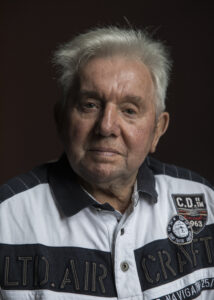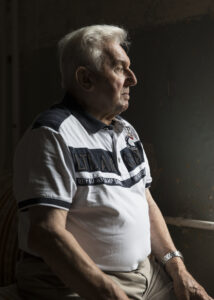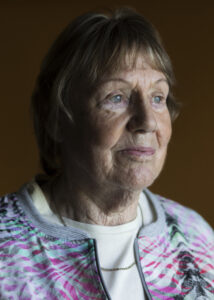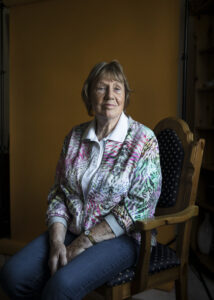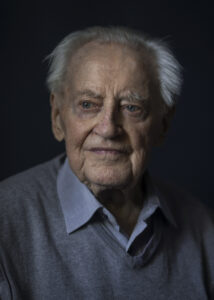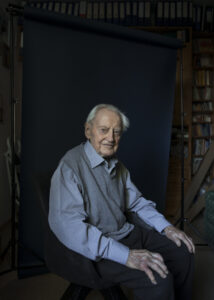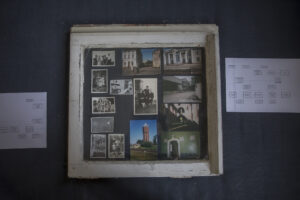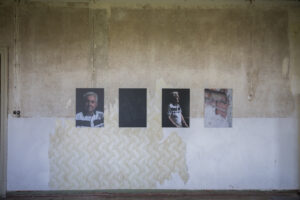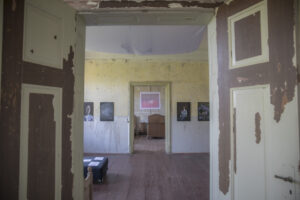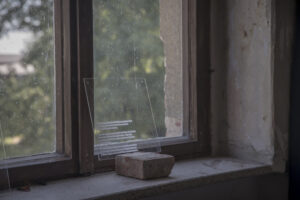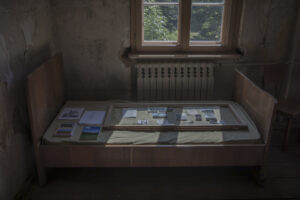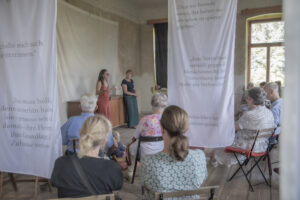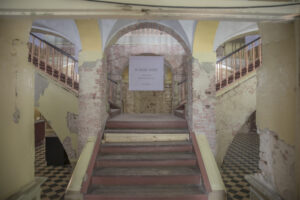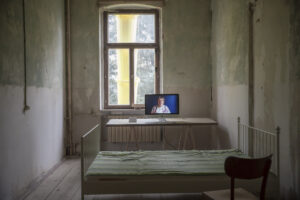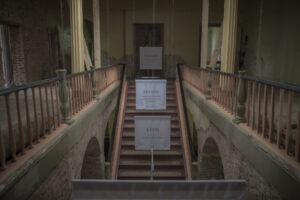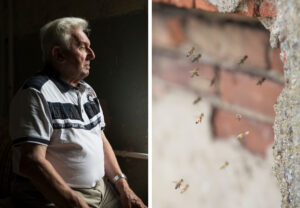The era of the last generation of World War II witnesses has begun. This project aims to collect individual stories of flight and displacement that occurred after the war from formerly (occupied) German territories. At the time, there was no room for processing these experiences. The nation had to be rebuilt, and an entire generation learned to function in order to survive. Many people were never able to fully address their often traumatic experiences and carried them in silence throughout their lives.
The lack of acknowledgment and reflection on personal histories can have lasting effects on future generations, a phenomenon known as intergenerational trauma. In this context, sociologist Uta Rüchel has proposed a thought-provoking hypothesis: „Those who have not found a place of their own cannot welcome others.“ Could it be that the unprocessed trauma of past displacement experiences contributes to the current rise of right-wing extremism and the rejection of other people in need?
This project explores these and other questions through three video interviews, complemented by portraits, memory images, and archival materials.
It was funded by the Federal Agency for Civic Education.
